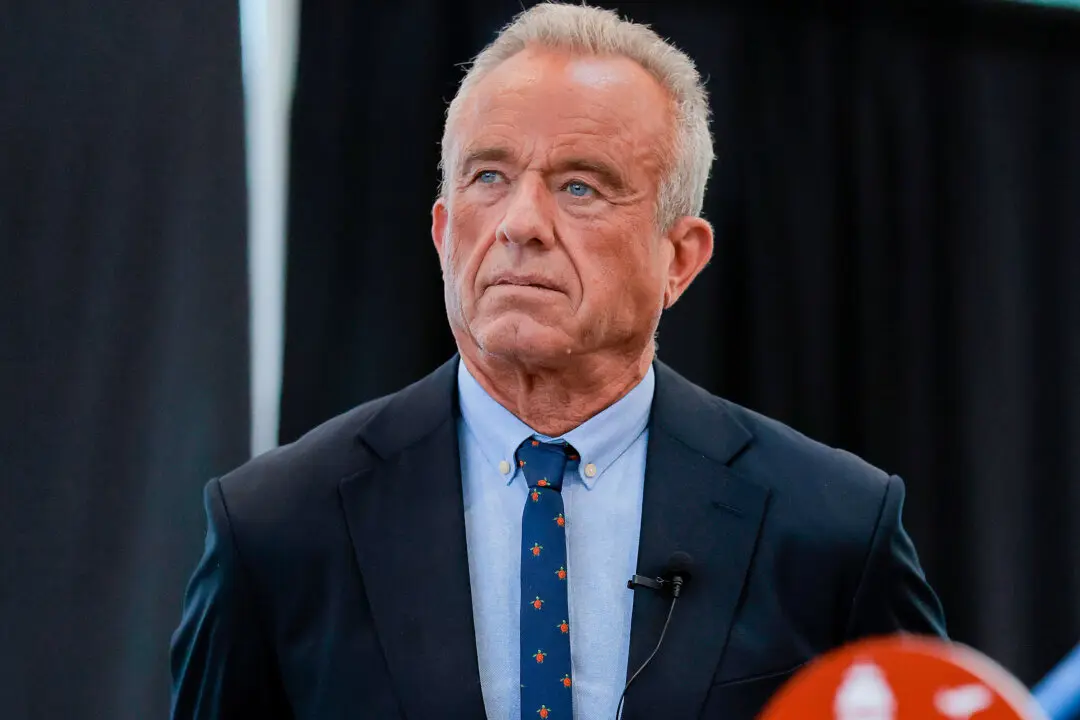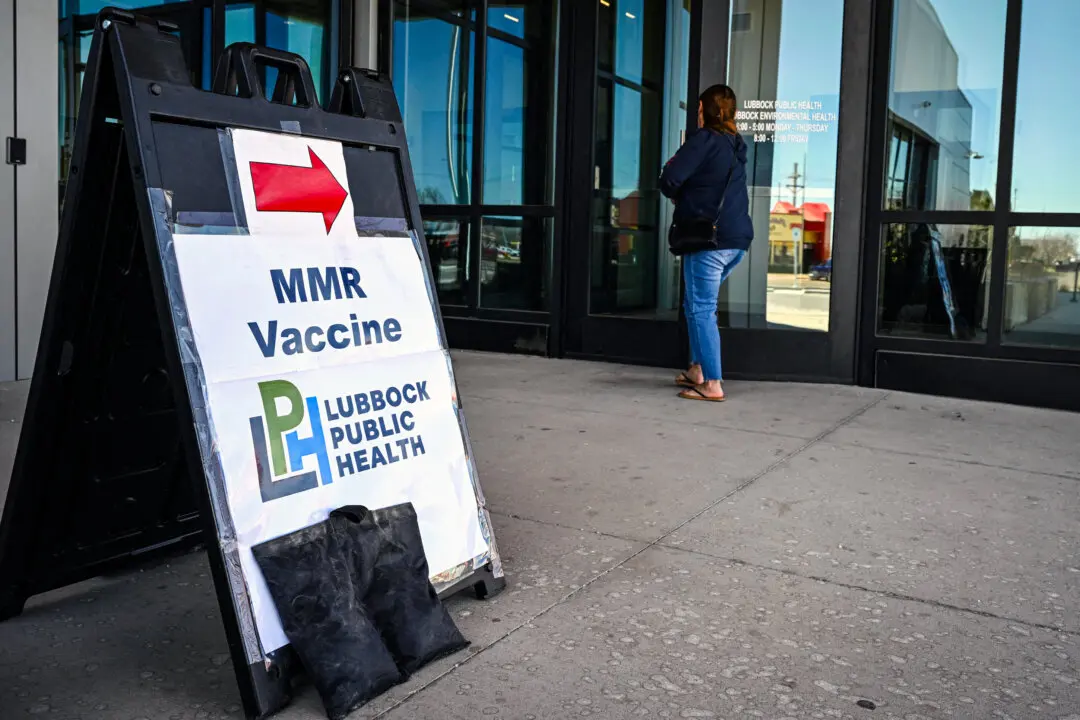Jurors in the trial of former Minneapolis police officer Derek Chauvin were presented with closing arguments on Monday and will now be sequestered until they decide whether to convict or acquit the ex-cop on three counts, including second-degree murder.
Chauvin, 45, is accused of killing George Floyd, 46, with his actions on May 25, 2020, including kneeling on Floyd’s back and neck for approximately nine-and-a-half minutes.




